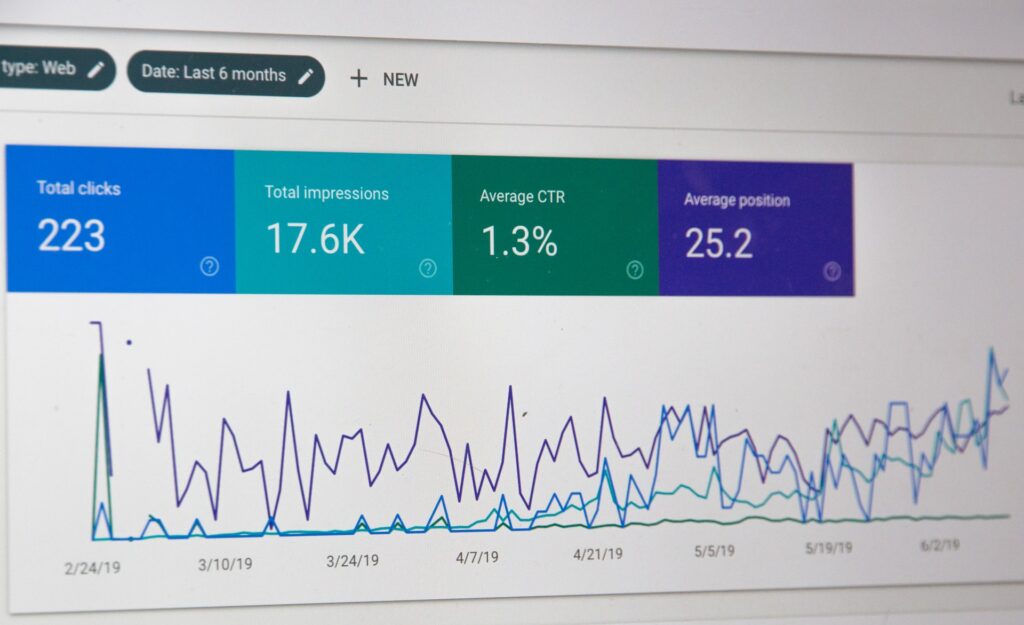Real estate copywriting is a specialized form of marketing communication that involves crafting persuasive messages to promote properties, attract tenants and investors, market services or products, and generate leads.
It requires a deep understanding of the real estate market as well as the ability to write persuasively about the benefits of investing in or renting property.
If you’re looking to learn more about this unique form of writing, or want to improve your own skills, keep reading. We’ll discuss what it is, how to do it, and some tips for success.
What is real estate copywriting and what does it entail?
Real estate copywriting is the process of creating compelling, persuasive, and interesting marketing materials for properties or services. This can include anything from website descriptions and brochures to email campaigns and social media posts.
One of the most important elements of real estate copywriting is selecting the right words.
The copywriter must be able to identify the key selling points of the property and communicate them in a way that is both convincing and interesting. In addition, they must be careful not to use language that is either too technical or too sales-y.
In order to be effective, real estate copywriting must be clear, concise, and persuasive. It should also be SEO-friendly, as this will help the listing to rank higher in search engine results.
The most successful real estate copywriters are those who have a deep understanding of both the market and the art of persuasion. With these skills, they can create compelling content that stands out from the competition.
Real estate copywriters use a variety of techniques, including headline creation, body copywriting, SEO, and call to action statements
Headline creation
One of the most important elements of a good blog post is the headline. A strong headline will grab readers’ attention, give them an idea of what the article is about, and persuade them to keep reading.
There are a few different techniques that real estate copywriters can use to create effective headlines.
First, it’s important to use keywords that are relevant to your topic and will be picked up by search engines. Second, make sure your headline is clear and concise – you want to give readers a good sense of what the article is about without giving away too much information. Finally, try to include a call to action in your headline, such as “Learn how to increase your home’s value with these simple tips.”
By following these tips, you can ensure that your blog headlines are effective and will help to draw readers into your articles.
Body copywriting
Body copy is the text that makes up the majority of a website, blog post, or document. It is important to carefully consider how this text is written, as it can have a significant impact on readability and engagement.
Here are some best practices for body copywriting:
- Use short, simple sentences: Long, complicated sentences are difficult to read and understand. Instead, focus on writing short, simple sentences that are easy to follow.
- Use active voice: Passive voice can make the text sound convoluted and difficult to understand. Active voice, on the other hand, is direct and concise. It is clear and easy to read.
- Break up the text: Too much continuous text can be daunting for readers. Breaking the text up into smaller paragraphs makes it more manageable and easier to digest.
- Include keywords: Carefully select keywords and phrases that accurately reflect the content of your body copy. These keywords will help readers find your text when they are searching for information online.
- Consider your audience: Write your body copy in a style and tone that will appeal to your target audience. Use language that they will understand and be interested in reading.
By following these best practices, you can ensure that your body copy is well-written and will be well-read.
SEO

Best practices for SEO (search engine optimization) are constantly evolving as Google tweaks its algorithms to provide users with the most relevant and useful results. However, some general principles remain constant.
One of the most important is to create high-quality content that is relevant to the keywords you are targeting. This means including those keywords in headlines, titles, and throughout the body of your text. However, beware of keyword stuffing, which can result in penalties from Google.
Another best practice is to build links from other high-quality websites. This signals to Google that your site is a trusted resource, which can help improve your ranking.
Finally, be sure to keep your website up to date with fresh content regularly. Regular updates ensure that Google will continue to crawl your site, and they can also lead to higher rankings over time.
By following these best practices, you can improve your chances of achieving a top spot in Google’s search results.
Call to action
A call to action (CTA) statement is a sentence or phrase that urges the reader to take a specific course of action.
CTAs are often used in marketing and advertising to prompt customers to buy a product or service, but they can also be used to encourage other types of behavior, such as signing up for a newsletter or attending an event. In order for a CTA to be effective, it must be clear, direct, and relevant to the reader.
Including a CTA in a blog post is an excellent way to engage readers and encourage them to take action based on the information they have read. By including a CTA, you are providing readers with specific instruction that will help them to fulfill a need or solve a problem. Including a CTA is an effective way to ensure that your blog post has a lasting impact on the reader.
Why copywriters must have a deep understanding of the real estate industry to write effective content
It’s no secret that copywriting is an essential skill in the real estate industry. After all, effective and compelling content is vital for attracting and converting leads.
However, what many people don’t realize is that copywriters must have a deep understanding of the real estate industry to be truly effective. That’s because the real estate industry is complex, with a wide range of jargon, acronyms, and terms of art. Without a thorough understanding of the industry, it would be all too easy for a copywriter to make a misstep that could cost their client dearly.
That’s why the best copywriters are always sure to brush up on their industry knowledge before taking on a new project. With a deep understanding of the real estate industry, they can craft content that is both accurate and persuasive – ensuring that their clients always get the best results.
Common mistakes to avoid in real estate copywriting

When crafting compelling real estate copy, avoiding common pitfalls can make a significant difference in the effectiveness of your content. Here are some mistakes to steer clear of:
- Overlooking the Target Audience: Failing to understand and address the needs and preferences of your target audience can result in generic and unengaging content. Always tailor your copy to the specific demographics and interests of potential buyers.
- Using Jargon and Complex Language: Real estate terminology can be confusing to the average reader. Avoid using industry jargon and complex language that might alienate or confuse potential clients. Aim for clear, simple, and relatable language.
- Neglecting SEO Best Practices: Ignoring SEO can mean missing out on valuable organic traffic. Ensure your copy includes relevant keywords, meta tags, and internal links to improve search engine visibility and attract more visitors.
- Focusing Only on Features, Not Benefits: Simply listing property features without highlighting their benefits can make your copy less persuasive. Explain how each feature enhances the lifestyle or solves a problem for the buyer.
- Lack of Emotional Appeal: Real estate decisions are often driven by emotions. Failing to create an emotional connection with your readers can result in disengaged prospects. Use storytelling and descriptive language to evoke feelings and paint a vivid picture.
How to improve your copywriting skills
Copywriting is an essential skill for any marketer or a business owner. It can be used to create compelling sales letters, ad copy, email campaigns, and more. However, many people struggle with copywriting because they don’t know where to start.
If you’re looking to improve your copywriting skills, there are a few things you can do.
First, make sure you understand the basics of marketing and psychology. This will help you understand what motivates people to buy products or services. Second, study the work of successful copywriters. Read their ads, sales letters, and email campaigns to see what techniques they use.
Finally, practice writing copy yourself. The more you write, the better you’ll become at crafting effective copy. By following these tips, you’ll be well on your way to becoming a successful copywriter.
Final thoughts

Copywriting is an essential component of any real estate marketing strategy. By understanding the basics of copywriting and using persuasive techniques, real estate copywriters can create materials that drive traffic to their properties or services and increase sales.
Unlock Your Potential with Premium Content: Elevate your real estate and business game with our content creation services. Don’t miss out on the opportunity to stand out. Contact Jeff today and take the first step towards success!
